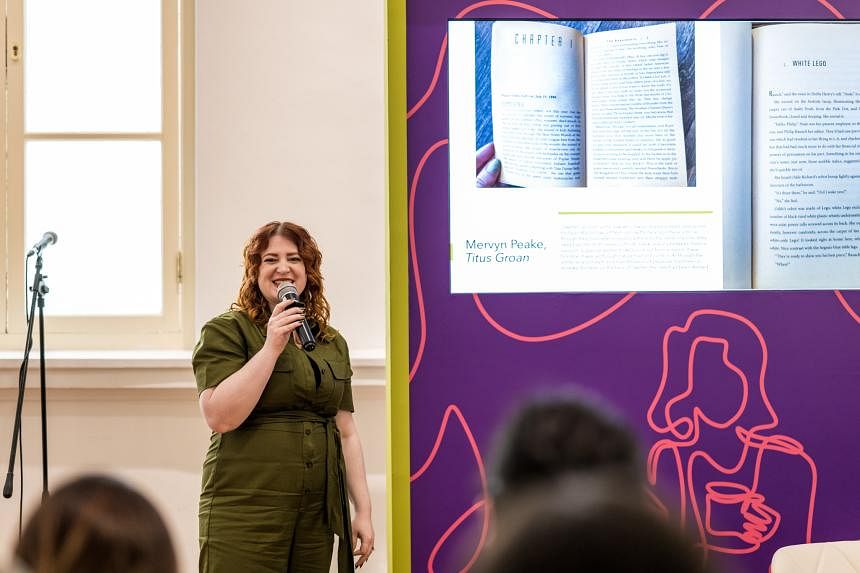SINGAPORE – At 14, the boy who would become the prodigious musician Prince would stay up all night in the basement creating music, emerging only in the morning with a cassette he had created before heading off to school.
“That’s how you get a record deal at age 18,” said the late American singer’s former record engineer Susan Rogers, whose session at the Singapore Writers Festival – held at the Chamber at The Arts House on Nov 26 – saw excited audience members attempting to explain why they like their favourite music.
An American professor in music production and engineering at the renowned Berklee College of Music, Dr Rogers worked with Prince from 1983 to 1987, a period that included his most successful sixth studio album Purple Rain (1984).
She said: “He was so unusual. He was tremendously creative, courageous. A powerful work ethic. Very high IQ, very, very intelligent. When you put all those things together, you get a really extraordinary individual.”
But Prince was not what the session, titled Susan Rogers: Take A Bad Song And Make It Better, was ultimately about, and Dr Rogers gave a fascinating breakdown of how listening to music activates the whole brain: the left brain processing lyrics, the right registering melody and harmony, the front assessing style and originality, and the back possibly experiencing visualisations.
Yet, what really determines if a person will return to the piece is whether the dopamine system in the brain rewards this listening. Dr Rogers said that is how she came to enjoy heavy metal music, as she associates it with two students she befriended who introduced her to the genre.
This dopamine hit is also why many people stop listening to new music when they become adults. She said: “As we get older, we tend to think, ‘This is the body of music that solved my problems for me. This is the music that made me dance, that my friends like.’
“Just as when you get older, you know the foods that you like and don’t really get adventurous unless you’re working in the food industry.”
The day before, at the Living Room at The Arts House, American speculative fiction writer and historian of the Byzantine Empire Arkady Martine impressed upon participants who signed up for her world-building masterclass the importance of practising pastiche in creating their authorial voice.
Martine wrote the science-fiction duology A Memory Called Empire (2019) and its sequel A Desolation Called Peace (2021), which transpose the political tensions between the Byzantium Empire and Armenia in the 11th century into space.
She instructed some 50 aspiring writers to spend 10 minutes writing a scene with the dialogue prompt, “A: Tell me you have a plan. B: It’ll be fine.”
The catch: they should do this while imitating the styles of three passages of writing she had picked out by William Gibson, Stephen King and Mervyn Peake.
“Because to be able to successfully imitate, you have to understand what an author is really doing with voice. It also lets you take the bits you like and use them for yourself,” she said.
Martine said she intentionally weeded out the Roman Empire tropes and Christianity that form the substrate of so much science fiction in A Memory Called Empire. “I’m interested in a different kind of simulation. Because I am a professional historian, I knew where to go looking.”


